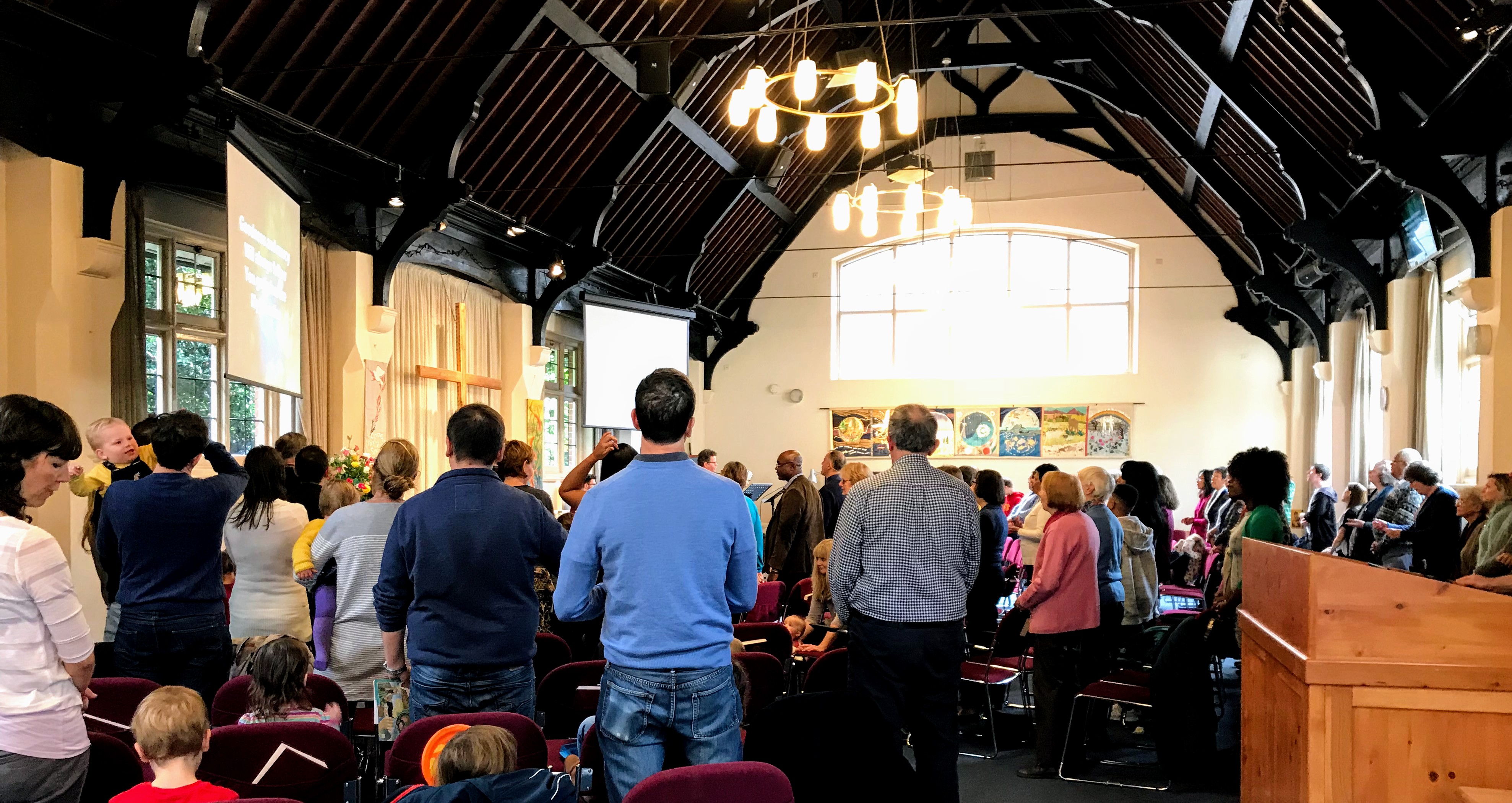So, there you are-it’s your last Sunday service at your church. You stand in your pulpit and you gaze out over your congregation. So many thoughts come to mind. You are flooded with emotion. You remember the baptisms, weddings and funerals that you have conducted. You recall the different stages in the life of your congregation and pastorate, i.e. including a building phase or starting a new outreach program.
Now, as you begin to preach your final sermon, your thoughts are:
“Gee, what am I going to do next? “
For some ministers, retirement has meant leaving a church, leaving a community, pulling up roots and going into isolation. The pastor may move into a new house in a new city or town, but may not have a ready support system. A minister is not allowed, per policy, to have contact with the previous congregation. So, who becomes the new family, the new tribe, the new Sangha?
Over time trends have been changing and a growing number of clergy are not content, after the last sermon, to spend their days playing golf, tennis or even paint ball.
Thom Rainer has observed some interesting new trends:
Five Implications
There are many implications about aging and retiring pastors. As I see it, there are five immediate issues that need to be addressed.
1. There will be more pastoral vacancies than qualified candidates. This issue is a demographic reality. There are not enough Gen X and Millennial candidates for pastoral ministry to replace the Boomers. Each of those subsequent generations has a much smaller Christian population base.
2. Few churches are giving any thought to pastoral succession. I commend those congregations that are being proactive about this issue. William Vanderbloemen and Warren Bird have written an excellent book on this topic, Next: Pastoral Succession That Works.
3. There will be an abundance of qualified pastors for interim and bi-vocational positions. These Boomer pastors will not be idle. They will be seeking other ministry opportunities, particularly positions with part-time pay to supplement their incomes.
4. Some Boomer pastors will stay at their current positions into their late 60s and 70s. Unfortunately, a number of these pastors are not financially able to retire. There will be many older pastors in some of our congregations.
5. Some Boomer pastors will lead their churches to merge. I have written about the trend in church mergers recently. Some Boomer pastors will view their pending retirements as an opportune time to move their churches to merge with other churches. This reality is already taking place in a number of churches, many of which are struggling What Happens When Boomer Pastors Retire? – Thom Rainerthomrainer.com/2014/09/happens-boomer-pastors-retire
So the options for the next life for clergy are quite varied. My sense is that we will continue to see in the United Church of Christ and elsewhere, a lot of clergy pursue part-time or Interim pastorates along with other supplemental work.
There will also be congregations, due to their decreased size, that will choose to merge with other churches, including churches from other denominations. You also find two or more congregations sharing the same building and operational expenses.
We will also see congregations partner and collaborate with other organizations, i.e. medical clinics, community centers, arts organizations to provide a variety of programs for communities that will also be able to sustain members of congregations and their pastors.
Of course, the key to smooth transition for all of this, for the Pastor and for the congregation, will require a lot of advanced planning and preparation.
There can be much abundant life for ministers after the last sermon.
May it be so!


